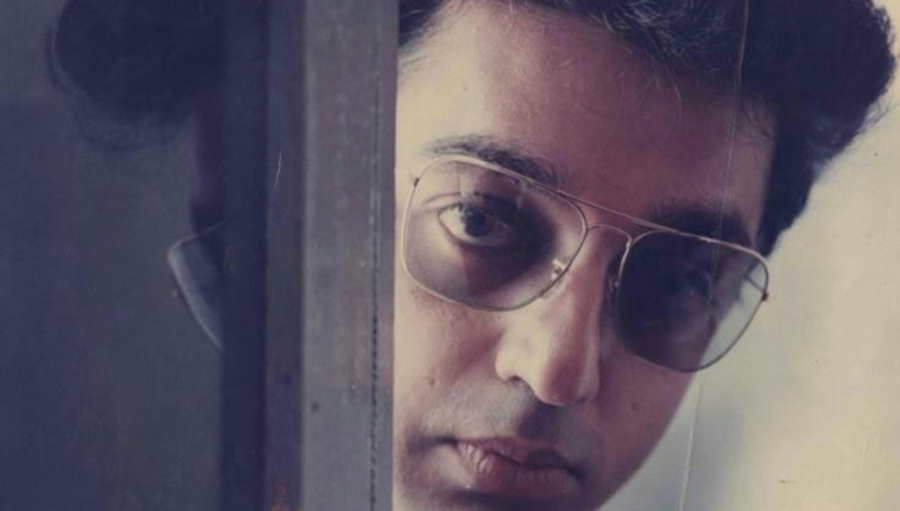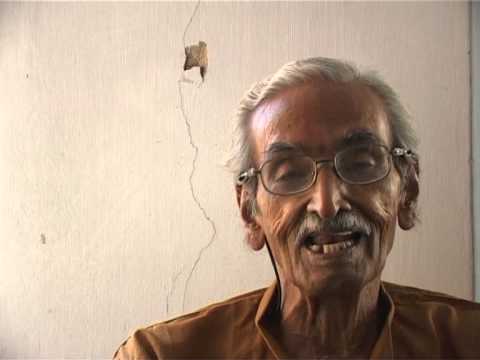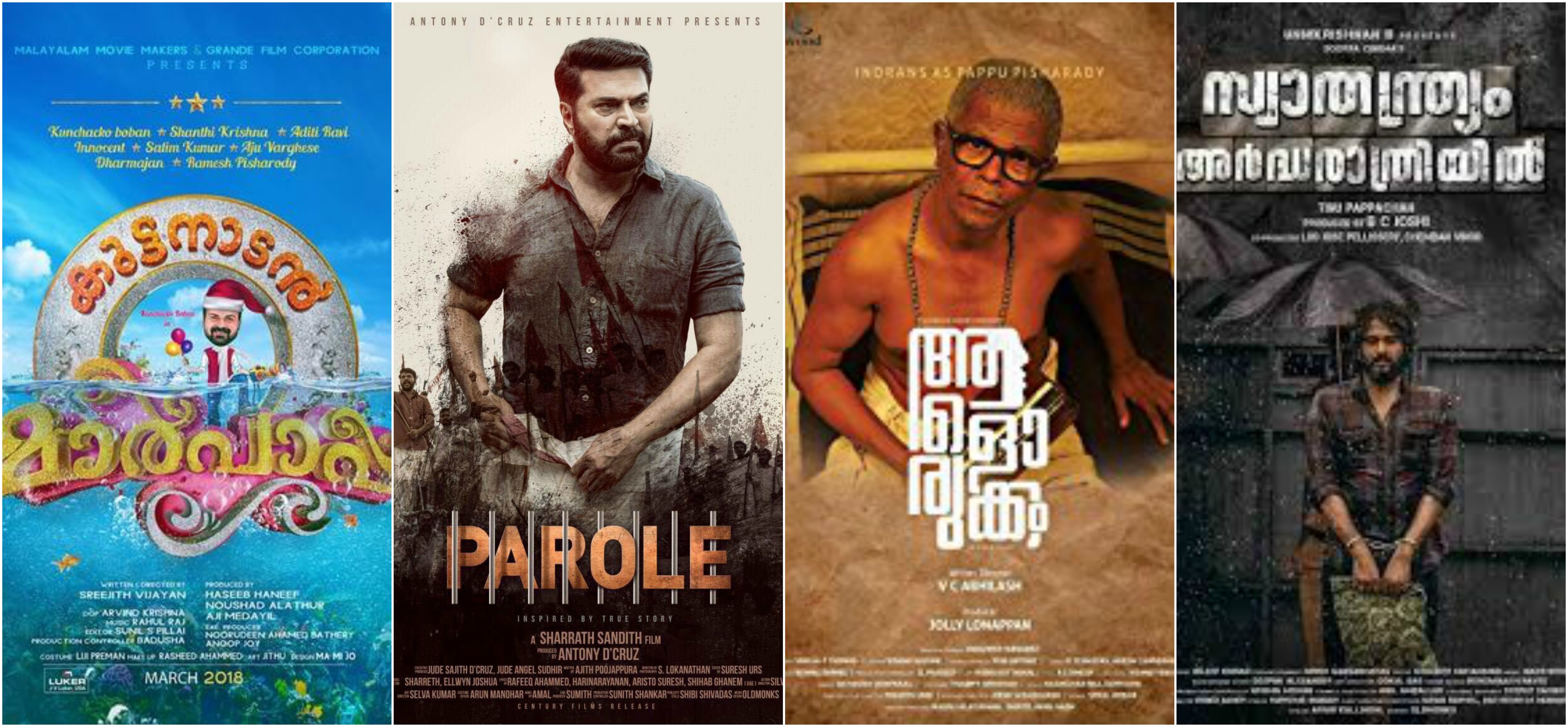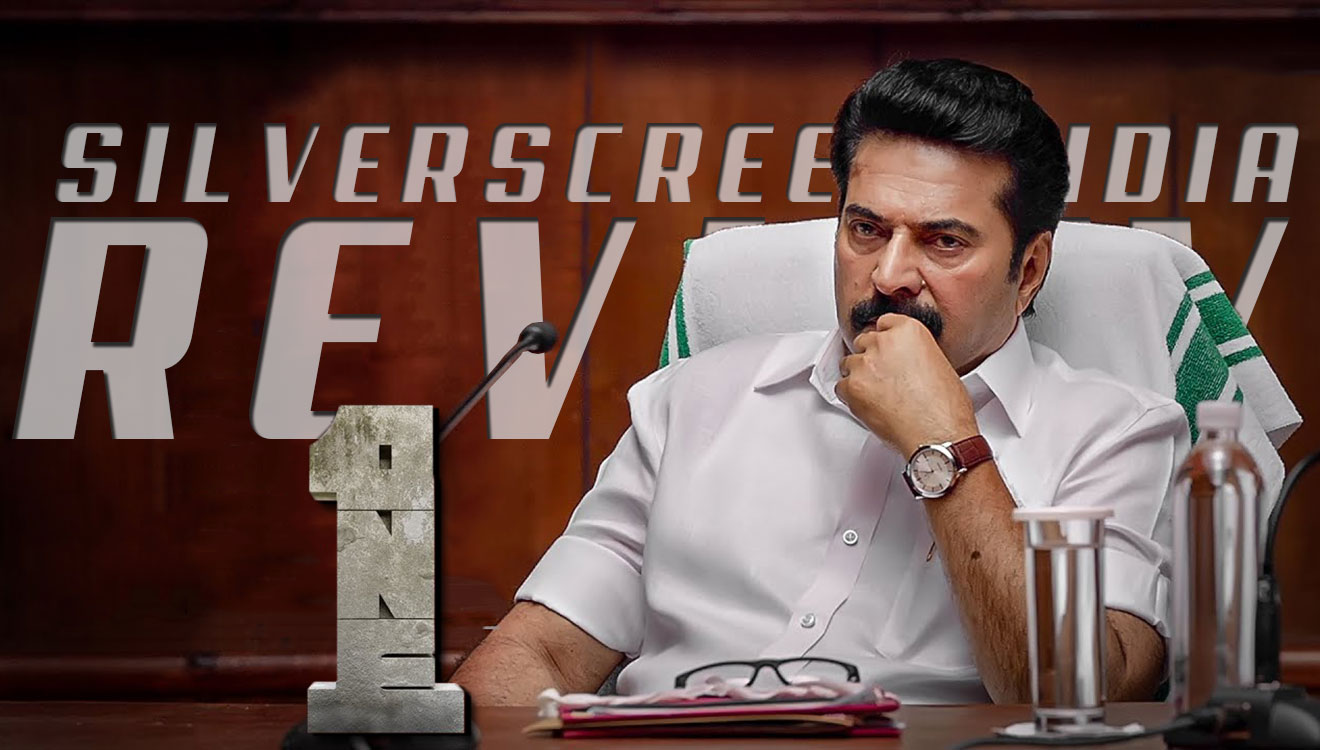It all started in 2012 when Suraj Prasad and Anuj Malhotra, two youngsters working with various film clubs and festivals, founded one of their own: Lightcube. One of the primary aims of this film society is to take the projector and, in turn, good films beyond the confines of the metros and the mainstream to alternative spaces, including far-flung corners of the country, and screen them for the local audience.
“Films are for everyone, not just a privileged few,” say Anuj and Suraj, voicing the main thought that drives their project.
The activities of their film society had officially begun with the first Dhenuki Cinema Project, a series of film screenings organised over one night in Suraj’s village, Dhenuki. The idea for it was sparked during a conversation he had with Anuj. Suraj was telling him about the many villages without electricity and how he wished that a number of films they had had the good fortune of watching in the city could be shown there too. He kept citing his own village Dhenuki as one such underdeveloped place. It prompted Anuj to suggest they initiate the project there, to begin with.
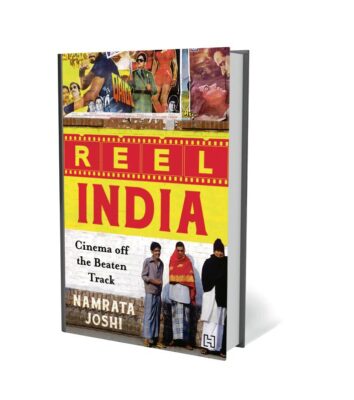
Reel_1567171156912
It proved to be the perfect launching ground for their endeavour. Dhenuki, near Chhapra, is a village still unexposed to the Internet. There is no cinema hall in or around it, the closest one being about 10 km away in Mashrakh. The women of Dhenuki had never seen a film. The exceptions, like a lady from Tinsukhia, in Assam, were those who had watched films in their parents’ homes before being married into families living in this village. They still missed those years when they enjoyed the cinema-viewing experience.
Recommended
Suraj had to use the local resources at hand – bedsheets stitched together to serve as a movie screen, a locally sourced projector and a diesel genset to screen films for the residents of the village. And it would all take place in the courtyard of the mukhiya’s house, with the host himself watching a film on the big screen after a gap of 25 years. A 70-strong audience gathered to watch a film that marked Hrishikesh Mukherjee’s directorial debut in 1957: Musafir, remarkable in more ways than one, for not only had Dilip Kumar acted in it, but had even sung a song for it. Among the viewers was an 85-year-old man who had never seen a film in his entire life. A serious, sombre, tragic and rather slow film, Musafir didn’t go down too well with many in the audience. For a village that sleeps early, however, Dhenuki wanted more when the film got over at 11 p.m. Giving in to their demands, Suraj then screened Kamal Haasan’s Pushpak, a silent comedy that they were able to connect with instantly. The audience stayed on to watch it until the end and dispersed only at 1.30 a.m.
“Despite not being exposed to the nuances of cinema, they responded to the small moments,” Suraj remembers.
It was also a happy community experience, an occasion for the entire village to get together, enjoy the moving image and share an experience.
With successful pilot projects in Bihar, Chhattisgarh, Assam and Nagaland, The Dhenuki Cinema Project has now grown into a well-known, cinema-based outreach and education programme. As part of its affairs, the society enlists various volunteers and cine-activists to visit villages and smaller towns in different parts of the country to organise film screenings. The broader purpose of this mobile screening exercise is to create an opportunity for conversation in these villages, to enable residents to introspect on their individual roles in building the larger mythology of the region to which they belong.
Cine-activists travel to the village and stay there for three months, initiating the film club, which screens films at different locations within the village. They then hand over the equipment and the functioning of the film club to the local population, which attempts to make the club sustainable in the subsequent six-month period, before initiating the building of a multipurpose resource centre in the village, with its residents as participants and stakeholders.
Excerpted with permission from Reel India by Namrata Joshi, Hachette India.
Also read, The Sound Of Silence: Revisiting ‘Pushpak’ Thirty Years Later
